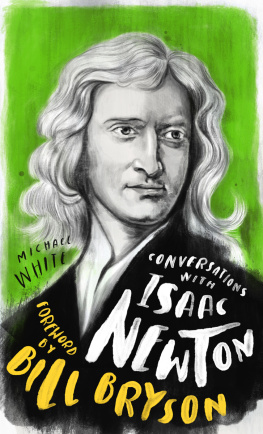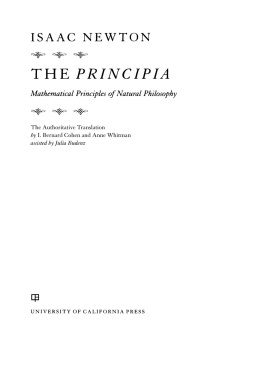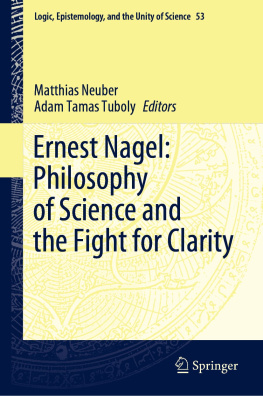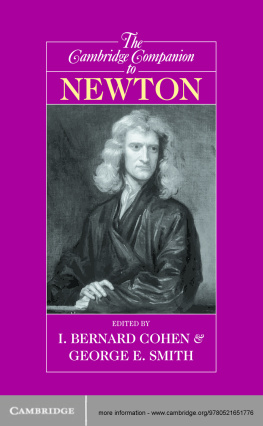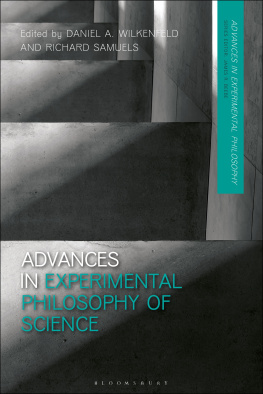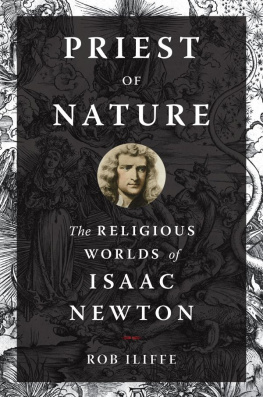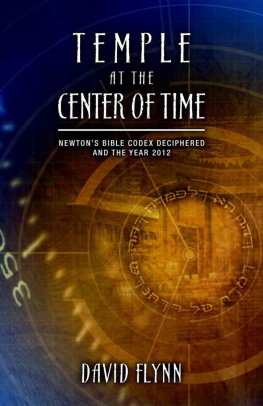Zvi Biener is an assistant professor at the University of Cincinnati. His research concerns the unity of science in early modernity, with an emphasis on early-modern views regarding reduction and the metaphysical underpinnings of the mathematical sciences.
Tams Demeter is a Senior Research Fellow at the Institute of Philosophy, Hungarian Academy of Sciences, and teaches at the University of Pcs, Hungary. He has published widely on early modern natural and moral philosophies in several collective volumes and journals including The Monist, British Journal for the History of Philosophy, and History of the Human Sciences.
Lisa Downing is Professor of Philosophy at the Ohio State University. Her many papers (on Locke, Berkeley, and Malebranche, among others) have focused on mechanist conceptions of body and their justification, the relations between mechanism and metaphysics in the seventeenth century, debates surrounding gravity/attraction, and changing views of scientific explanation in the early modern period.
Stephen Gaukroger is Professor of History of Philosophy and History of Science at the University of Sydney. His latest research is centered on the emergence and consolidation of a scientific culture in the West in the modern era. Two volumes have already appeared: The Collapse of Mechanism and the Rise of Sensibility: Science and the Shaping of Modernity, 16801760 (Oxford, 2010) and The Emergence of a Scientific Culture: Science and the Shaping of Modernity, 12101685 (Oxford, 2006).
Geoffrey Gorham is Associate Professor of Philosophy at Macalester College and Resident Fellow of the Minnesota Center for Philosophy of Science, University of Minnesota. He has published numerous articles on early modern philosophy and science, especially Descartes, Newton and Hobbes, in journals such asJournal of the History of Philosophy, British Journal for the History of Philosophy, Journal of the History of Ideas, and Canadian Journal of Philosophy.
Philippe Hamou is a professor in the history of early modern philosophy at Universit Paris Ouest Nanterre. His publications include La Mutation du visible; Essai sur la porte pistmologique des instruments doptique au XVIIe sicle (2 vols. Villeneuve dAscq: Septentrion, 19992001); Voir et Connatre lge classique (Paris: Presses (p.x) Universitaires de France, 2004); and Lockes Opinion on Thinking Matter, in Locke, Critical Assessments, edited by Peter Anstey (vol. 3, Oxford: Routledge, 2006).
Dana Jalobeanu is Lecturer in Philosophy and program director at the research center Foundations of Early Modernity, University of Bucharest. Her current research focuses on the emergence of early modern experimental philosophy, with a special interest in the writings of Francis Bacon and their early reception. She is the editor (with Peter Anstey) of Vanishing matter and the laws of nature: Descartes and beyond, Routledge: London, 2011. She has recently co-edited (with Sorana Corneanu and Guido Giglioni) Francis Bacon and the Transformation of Early Modern Natural History (special issue of Early Science and Medicine 12, 2012) and a special issue on Francis Bacon and the Medicine of the Mind: Late Renaissance Contexts (Perspectives on Science 20, 2012).
Yoram Hazony is President and Senior Fellow at the Herzl Institute in Jerusalem. He is founder and past President of the Shalem Center, now Shalem College. His books include The Philosophy of Hebrew Scripture(Cambridge University Press) and The Jewish State (Basic Books). He is presently director of the John Templeton Foundations Project in Jewish Philosophical Theology, and a member of the Israel Council for Higher Education commission on Liberal Studies in Israels universities. He is a member of the Public Council of the Beit Hillel orthodox rabbinical organization.
Tammy Nyden is an Associate Professor of Philosophy at Grinnell College. She is the author of Spinozas Radical Cartesian Mind (Continuum) and coeditor of Cartesian Empiricisms (Springer), as well as articles on Spinoza and on early modern physics. She is interested in the Dutch Enlightenment, and her current research focuses on the development of physics at Leiden and the role that epistemology and theology played in that development.
Eric Schliesser is BOF Research Professor in Philosophy and Moral Sciences, Ghent University. He has published widely in early modern philosophy and the sciences, especially Spinoza, Newton, Hume, Adam Smith, and Sophie de Grouchy, as well as philosophy of economics. He is coeditor of Interpreting Newton: Critical Essays (Cambridge 2012) and coeditor of the forthcoming Oxford Handbook on Isaac Newton.
Edward Slowik is a Professor in the Department of Philosophy at Winona State University, Winona, Minnesota. His main area of research is the history and philosophy of science, with emphasis on the philosophy of space and time and Early Modern philosophy.
(p.xi) George E. Smith is Professor of Philosophy at Tufts University. His research has focused heavily on the development of evidence in the exact sciences, with special emphasis on Newtons Principia and its aftermath. He is coeditor of the


